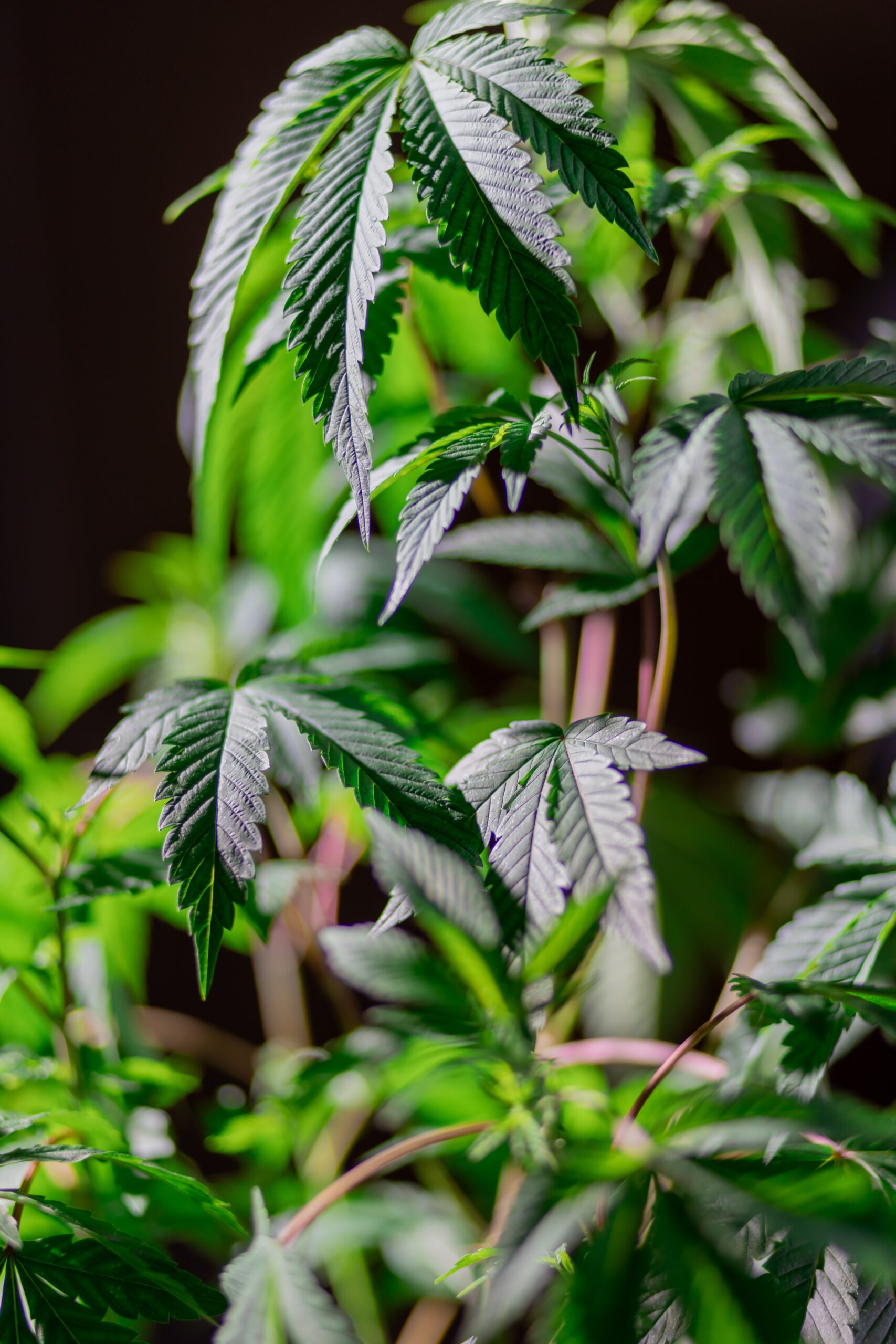Is Cannabis Legal in Togo?
Cannabis is currently illegal in Togo, a small West African country. Both the use and possession of cannabis for recreational or medicinal purposes are prohibited. The Togolese government has maintained a strict stance against the use of cannabis, and individuals caught with the substance may face severe penalties.
What is the Public Opinion on Cannabis in Togo?
Public opinion on cannabis in Togo varies, but the general consensus leans towards opposition. Many Togolese people view cannabis as a harmful and addictive substance, and they support the government’s efforts to combat its use. However, there is a growing minority of individuals who advocate for the legalization of cannabis, especially for medicinal purposes. They argue that cannabis has therapeutic properties that can help alleviate symptoms of various medical conditions and improve the quality of life for patients.
What are the Laws and Penalties for Cannabis Use in Togo?
In Togo, the laws and penalties for cannabis use are stringent. The Togolese Penal Code prohibits the use, possession, cultivation, and trafficking of cannabis. Penalties for cannabis-related offenses include:
- Imprisonment of up to 10 years for cultivation, production, and trafficking of cannabis
- Imprisonment of up to 5 years for possession and use of cannabis
- Hefty fines, which may be imposed in addition to imprisonment
These penalties may be more severe for repeat offenders or individuals involved in large-scale trafficking operations. It is important to note that Togo’s legal system is based on French civil law, which means that penalties may be more severe for foreigners caught with cannabis in the country.
What is Cannabis Called in Togo?
In Togo, cannabis is commonly referred to as yamba or gbangba. These terms are widely used in the local languages, such as Ewe and Kabiye, and are easily recognized by most Togolese people.
Is CBD Legal in Togo?
Currently, there is no specific legislation in Togo that addresses the legality of cannabidiol (CBD), a non-psychoactive compound found in cannabis plants. However, given the strict laws surrounding cannabis in the country, it is safe to assume that CBD is also considered illegal. Individuals found with CBD products may face similar penalties as those caught with cannabis.
Is Medical Marijuana Allowed in Togo?
Medical marijuana is not allowed in Togo. The country’s laws make no distinction between the use of cannabis for recreational or medicinal purposes. Despite the growing global trend of legalizing medical marijuana, the Togolese government has not shown any indication of revisiting its stance on the issue.
What are the Regulations for Cannabis Cultivation in Togo?
Cannabis cultivation is strictly prohibited in Togo. Individuals caught growing cannabis plants may face imprisonment of up to 10 years, along with hefty fines. The government actively enforces these laws, and local authorities regularly conduct raids on suspected cannabis cultivation sites. Moreover, the Togolese government cooperates with international anti-drug organizations to combat the cultivation and trafficking of cannabis within its borders.
What are the Government Laws and Resources Regarding Cannabis in Togo?
The Togolese government has implemented various laws and resources to combat cannabis use, possession, and cultivation in the country. Some of these include:
- The Togolese Penal Code, which outlines the legal penalties for cannabis-related offenses
- The National Anti-Drug Committee, which coordinates anti-drug efforts and policies in Togo
- Participation in international anti-drug conventions, such as the United Nations Convention Against Illicit Traffic in Narcotic Drugs and Psychotropic Substances
In conclusion, cannabis is illegal in Togo, and the government maintains a strict stance against its use, possession, and cultivation. Individuals found with cannabis or CBD products in the country may face severe penalties, including imprisonment and fines. As the global trend towards cannabis legalization continues to grow, it remains to be seen if Togo will eventually reconsider its position on the issue.
